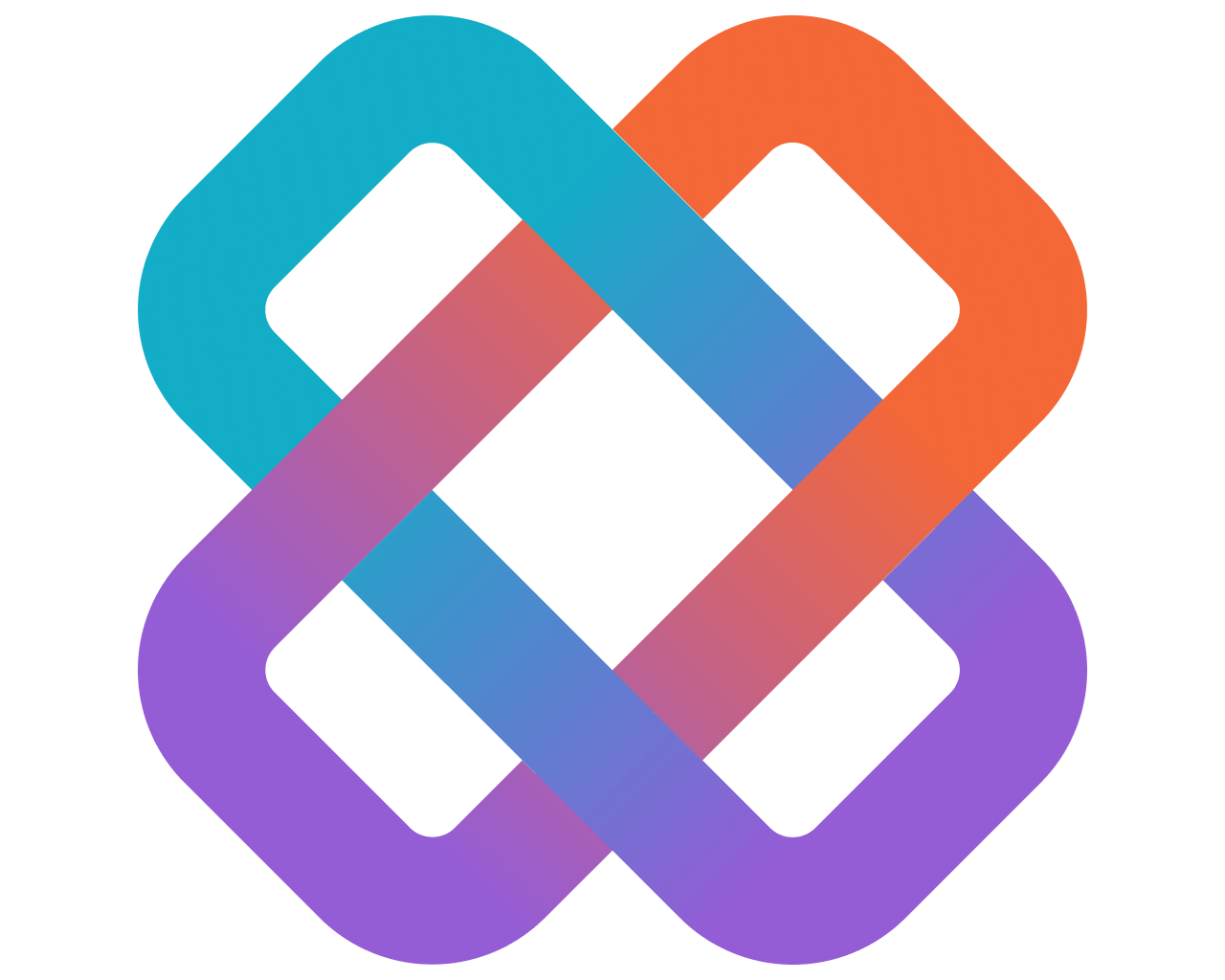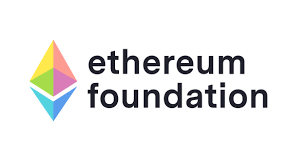
Job Description
Project Objectives
Enhanced Security: Leverage blockchain technology to secure transactions and customer data.
Transparency: Provide transparent transaction records for customers and stakeholders.
Decentralization: Reduce dependency on centralized servers and intermediaries.
Smart Contracts: Automate and enforce contract terms and conditions, including payment processing, dispute resolution, and supply chain management.
Scope of Work
Blockchain Platform Selection:
Evaluate and select the appropriate blockchain platform (e.g., Ethereum, Hyperledger, Binance Smart Chain) based on project requirements.
Smart Contract Development:
Develop and deploy smart contracts for various functionalities such as order processing, payment management, and dispute resolution.
Integration with Existing Systems:
Integrate blockchain-based solutions with the current e-commerce platform.
Ensure seamless communication between blockchain and existing databases, payment gateways, and other services.
Decentralized Application (dApp):
Develop a dApp for users to interact with the blockchain.
Ensure user-friendly interfaces for both customers and shop administrators.
Security Implementation:
Implement robust security measures to protect against common blockchain vulnerabilities.
Conduct thorough testing and audits of smart contracts.
Compliance and Legal:
Ensure compliance with relevant regulations and standards.
Address legal aspects related to smart contracts and blockchain transactions.
Technical Requirements
Blockchain Platform: Ethereum (or other as determined during evaluation)
Smart Contract Language: Solidity (or platform-specific language)
Frontend Framework: React.js (or similar)
Backend Integration: Node.js, Express.js
API Integration: RESTful APIs, GraphQL
Wallet Integration: MetaMask, Trust Wallet
Development Tools: Truffle, Hardhat, Ganache, Remix
Key Deliverables
Technical Documentation:
Comprehensive documentation of the blockchain architecture, smart contracts, and integration points.
Smart Contracts:
Source code and deployment scripts for smart contracts.
dApp:
User interface for interacting with the blockchain.
Integration Code:
Middleware and APIs for integrating blockchain with existing systems.
Security Audit Report:
Detailed report of security assessments and audits performed.
Project Timeline
Phase 1: Requirements Gathering (2 weeks)
Define project goals, scope, and technical requirements.
Evaluate and select the blockchain platform.
Phase 2: Design and Planning (3 weeks)
Design blockchain architecture and smart contract structure.
Plan integration with existing systems.
Phase 3: Development (8 weeks)
Develop and test smart contracts.
Develop dApp and integration components.
Conduct initial security testing.
Phase 4: Testing and QA (4 weeks)
Perform thorough testing of all components.
Conduct security audits and address any issues.
Phase 5: Deployment and Launch (2 weeks)
Deploy smart contracts and dApp to production environment.
Perform final testing and quality assurance.
Phase 6: Post-Launch Support (4 weeks)
Provide support and maintenance.
Monitor system performance and address any issues.
Team and Roles
Project Manager: Oversee project progress, manage timelines, and coordinate between teams.
Lead Blockchain Developer: Lead the development of blockchain solutions and smart contracts.
Frontend Developer: Develop the user interface for the dApp.
Backend Developer: Handle backend integration and API development.
Security Specialist: Conduct security assessments and audits.
QA Engineer: Perform testing and quality assurance.
Budget Estimate
Development Costs: Estimated based on developer rates and project duration.
Security Audits: Cost for external security audits and testing.
Miscellaneous Expenses: Including project management tools, hosting, and other resources.
Risk Management
Technical Risks: Mitigate through thorough testing and audits.
Regulatory Risks: Ensure compliance with legal and regulatory requirements.
Integration Risks: Plan for potential challenges in integrating with existing systems.
Key Skills
Related Jobs

Security Engineer Ubuntu

Senior Software Engineer

Test Automation Engineer

Senior Android Engineer

Lead Software Engineer

Senior Frontend Engineer

Data Engineer

Production Engineer

Senior Back End Developer

Senior Frontend Engineer Platform

IT Engineer

Senior Software Engineer Cloud Images

Senior Product Designer

Hands On Engineering Manager

Full Stack Software Engineer

Senior Front End Developer

Customer Success Manager

Senior Software Engineer .NET Core

Front End TypeScript Developer
